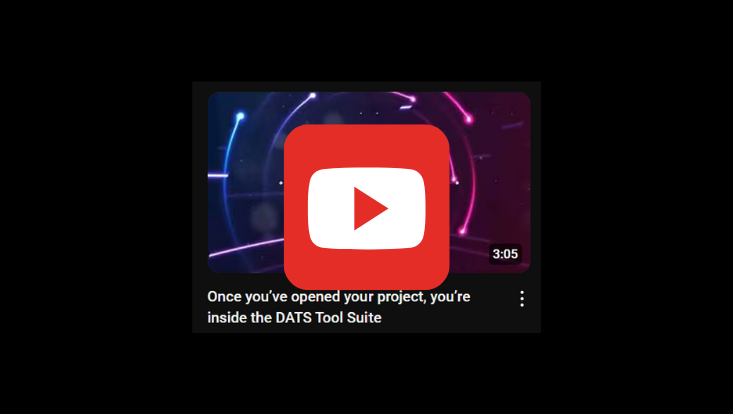Discourse Analysis Tool Suite (DATS)
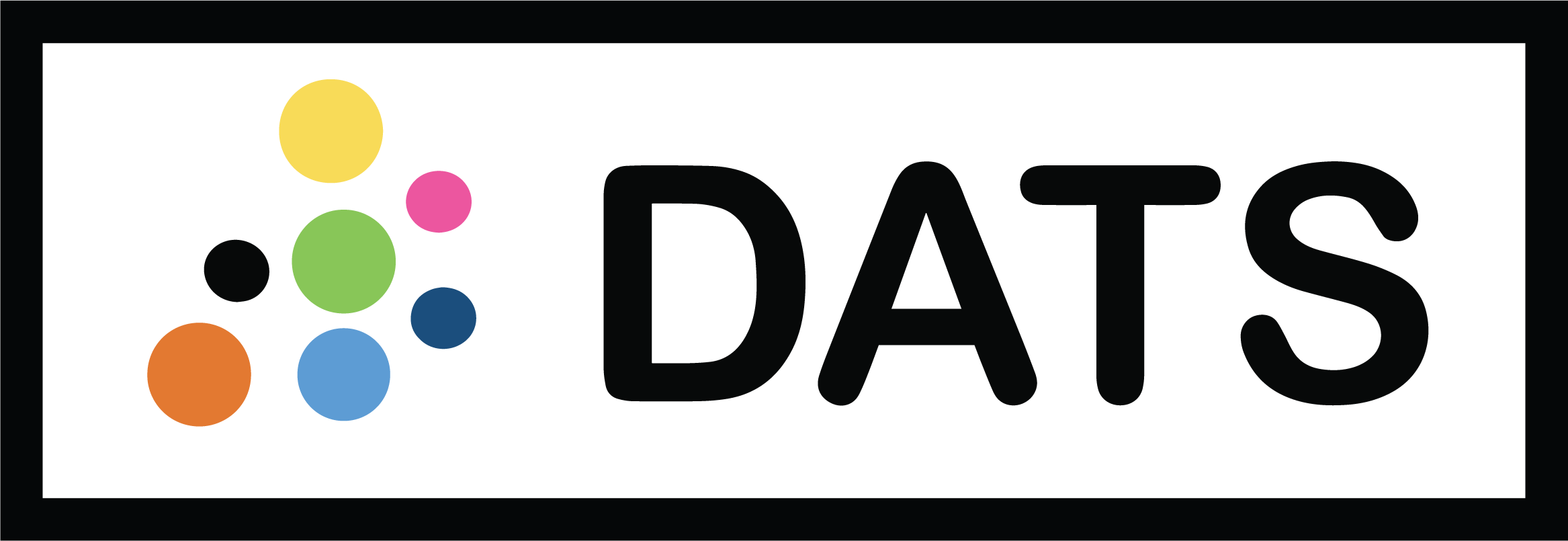
Discourse Analysis Tool Suite (DATS)
An Innovative Platform for Digital Discourse Analysis
The Discourse Analysis Tool Suite (DATS) is a powerful open-source research environment for digital qualitative discourse analysis in the Digital Humanities (DH). It was developed to overcome the limitations of existing DH tools, which often struggle to handle the ever-growing volume of heterogeneous, unstructured, and multimodal data.
To extract meaningful insights from such data, DATS integrates cutting-edge machine learning technologies from Natural Language Processing (NLP) and Computer Vision (CV).
Source Code & Technical Information:
Core Functionalities
DATS provides an integrated, scalable solution for capturing, analyzing, and annotating complex data sources.
- Import: Processing of multimodal data (text, images, audio, video)
- Preprocessing: Automatic enrichment of documents with metadata & linguistic annotations
- Exploration & Search: Lexical & semantic search functions for efficient navigation
- Annotation & Coding: Marking of text spans, image segments, timestamps & video frames
- Documentation & Reflection: Automated documentation of the research process with manual annotations
User Interface Preview
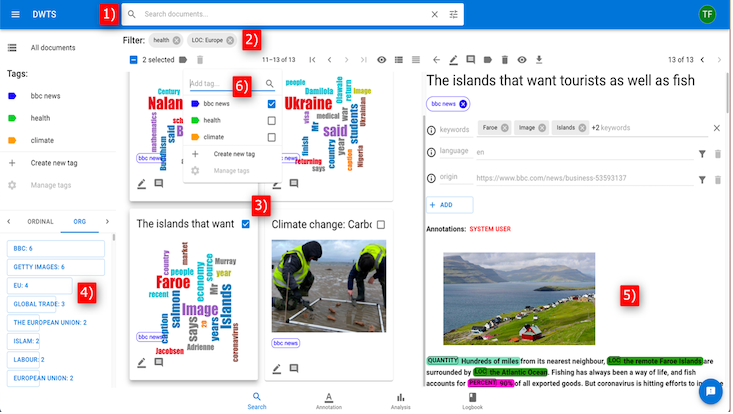
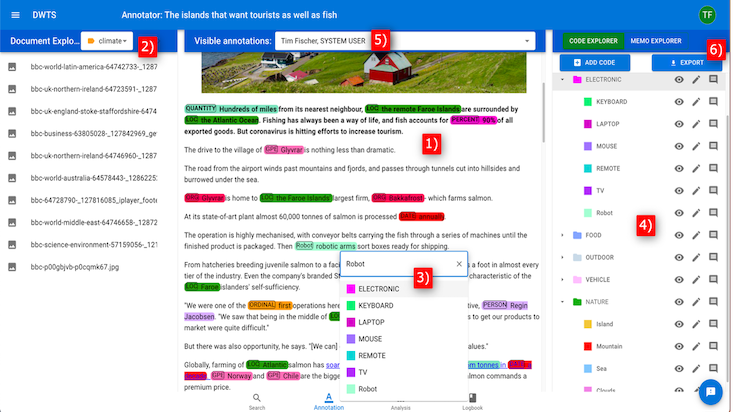
Co-Creation as a Development Principle
DATS has been developed in close interdisciplinary collaboration between the Hub of Computing and Data Science (HCDS) and researchers from various disciplines. Our goal is to address the challenges posed by multimodal data, large-scale datasets, and semantic complexity in research.
A key focus is how machine learning technologies can be meaningfully integrated into human-driven knowledge production. To achieve this, our development strategy follows a dynamic co-creation process, ensuring continuous feedback and agile adaptation.
Three Core Pillars of Our Co-Creation Approach
1. User Stories – Bridging Research & Technology
How does innovation in DATS emerge?
User Stories serve as the interface between researchers and the technical development team. Researchers define their needs, while developers translate these requirements into tailored technological solutions.
- Close collaboration between humanities scholars and IT experts
- Iterative adaptation of functionalities to current research challenges
- Support for all phases of qualitative research:
Searching & Collecting | Coding & Organizing | Reflecting & Writing | Visualizing & Publishing
2. Hands-On Sessions – Agile Development & Testing
How do we ensure DATS remains user-friendly and effective?
Regular hands-on sessions allow us to:
- Document & continuously test new features
- Gather feedback from researchers to improve usability & efficiency
- Compare with existing qualitative & quantitative analysis tools
- Further develop discourse analysis & hermeneutic methods in conjunction with AI
3. Fellow Workshops – Expanding Perspectives
How do we ensure DATS is widely applicable?
Our Fellow Program brings together external researchers from various fields.
- Discussing new requirements & interdisciplinary perspectives
- Adapting DATS to diverse research needs
- Ensuring that the tool suite remains robust, scalable & versatile
Why DATS?
-
Open Source & Customizable – Researchers can adapt DATS to their specific needs
-
Bridging Data Science & Digital Humanities – Harnessing state-of-the-art ML technologies for qualitative research
-
Multimodal Analysis – Handling complex data structures in an integrated platform
-
Sustainable Development – Continuous optimization through co-creation with the research community
Interested in collaborating or using DATS for your research? Get in touch with us!
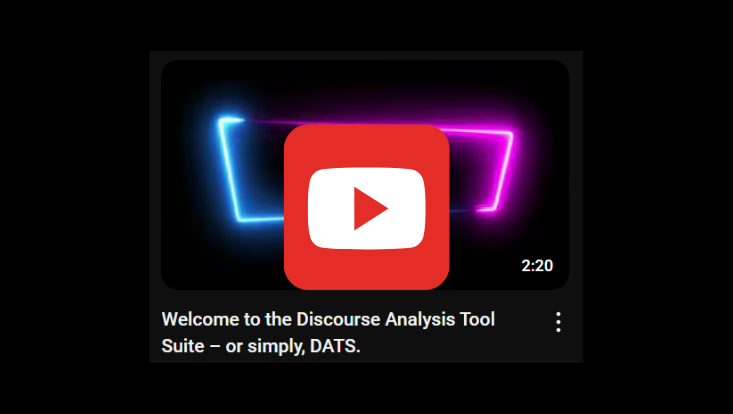
Welcome to the Discourse Analysis Tool Suite – or simply, DATS.
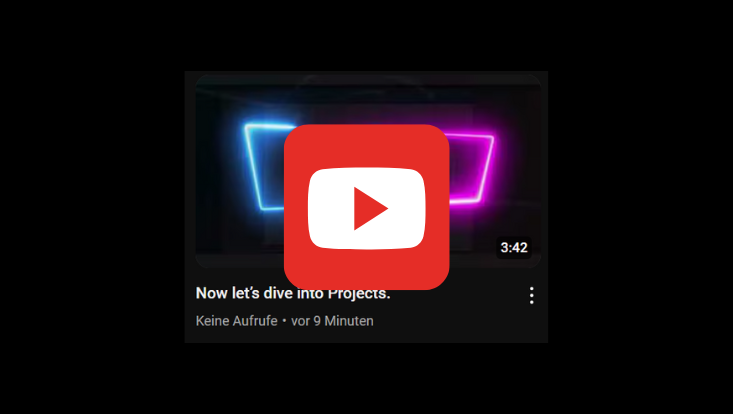
Now let’s dive into Projects
